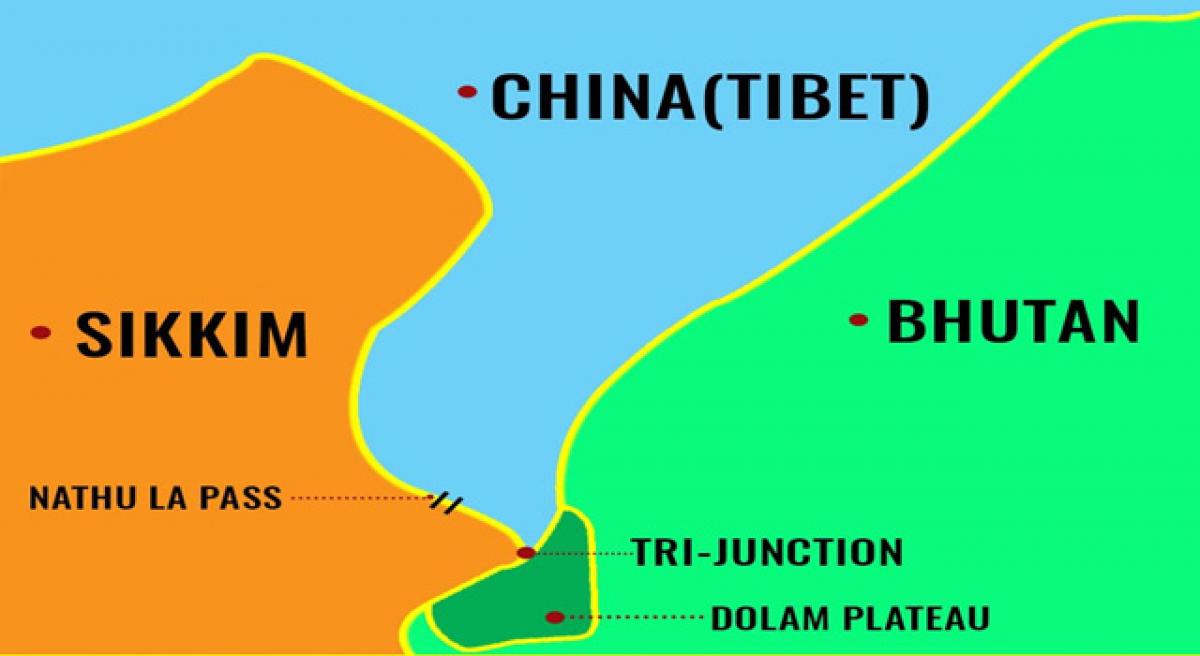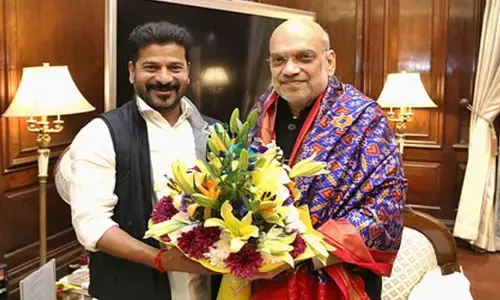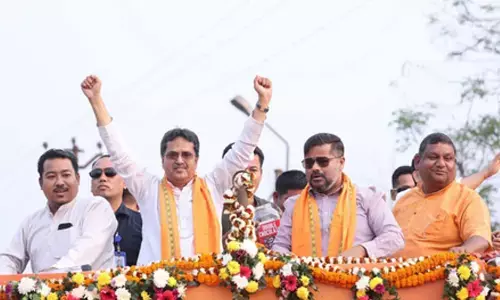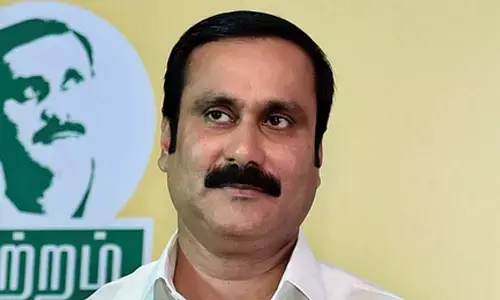Sikkim standoff: China offers no real solution

The standoff between India and China in the strategically sensitive Sikkim-Bhutan-Tibet tri-junction does not seem to be receding. The bilateral relations between New Delhi and Beijing took a turn for the worse after China accused Indian troops of interfering with its road construction in what it claims to be its \"sovereign territory\".
The standoff between India and China in the strategically sensitive Sikkim-Bhutan-Tibet tri-junction does not seem to be receding. The bilateral relations between New Delhi and Beijing took a turn for the worse after China accused Indian troops of interfering with its road construction in what it claims to be its "sovereign territory".
"Indian troops unilaterally provoked trouble which was in violation of the relevant agreement between the two sides and the mutual consensus between the leaders of the two countries," China said. While both sides have expressed hope for a diplomatic solution, nothing seems to be in sight.
All eyes will be on Prime Minister Narendra Modi, who is expected to meet Chinese President Xi Jinping on the sidelines of the upcoming G20 Summit in Germany. China had initially expressed willingness to talk about alternate routes for the Mansarovar yatra after banning Indian pilgrims from the Nathu La pass.
However, the willingness to talk never materialised. According to the latest reports, the Chinese foreign ministry said on Thursday that the atmosphere was not right for a bilateral meet between Modi and Xi. Without even coming on the table to talk, finding a solution to the standoff is difficult.
Soldiers from both sides of the border are awaiting instructions, which are likely to come after the Modi-Xi meet and the local commanders level meeting, which is also expected to happen soon, according to The New Indian Express. India on Wednesday said that tensions can be resolved diplomatically and asked China to withdraw its troops to reduce tension. "I think the issue can be resolved at the diplomatic level.
The Chinese troops should stay where they were earlier. China is approaching towards Bhutanese territory. We want them not to come forward," said Minister of State for Defence Subhash Bhamre. However, with the tensions escalating, Beijing has not offered New Delhi a viable solution to the standoff.
Asking India to withdraw troops while still placing its soldiers in Sikkim seems naive. The statements and opinions coming from Chinese media have only threatened India to accept Beijing's terms, however, no one has provided a solution which might be accepted by New Delhi. The Chinese media has been advocating the use of military to resolve the conflict.
The Chinese Army has also created an unpleasant atmosphere by warning India on its website. Beijing accused India of trampling on the principles of the Panchsheel pact and demanded that India "correct its mistakes" by pulling back its troops immediately. China said it would not accept any compromise in the military standoff and it was for the Indian government to decide what options could be on the table to resolve the standoff, according to The Wire.
New Delhi, on its part, should be wary of China’s attempt to widen its objectives along the border. India needs an agreement on mutual restraint that aims at addressing the core interests and concerns of both sides, The Hindustan Times article said. Although as the Chinese media has been advocating a 1962-like war, experts quoted by The Financial Expresshave dismissed these possibilities.
"The threat of an actual war is zero. Right now, all that China is doing is making noises, whether by sending a submarine or with the help of an aggressive media,” said Sreeram Chaulia, the author of Modi Doctrine. Experts also believe that China will have to back down because the Indian Army is in Doka La on the request of the Bhutanese government.
However, Sreemoy Talukdar argues in this Firstpost piece that New Delhi stands to lose, not gain with the escalating tension. He suggests India must let China realise that bullying tactics won't work but it must stay below the escalation rudder while eschewing rhetoric and alarmism in public sphere.= "Indian side has underlined that the two governments had in 2012 reached agreement that the tri-junction boundary points between India, China, and third countries will be finalised in consultation with the concerned countries.
Any attempt, therefore to unilaterally determine tri-junction points is in violation of this understanding," a press note quoted by The Wire said. With both the countries seemingly adamant on not withdrawing their troops, the only possible solution can be expected from Modi-Xi talks. (This article was first published at http://www.firstpost.com. Reprinted with their permission)








